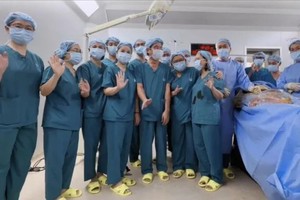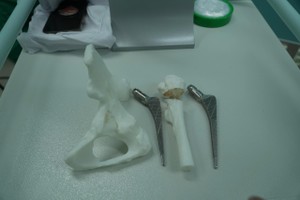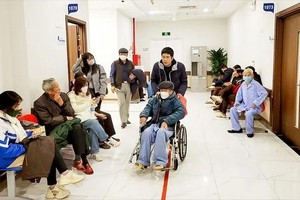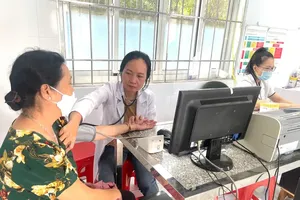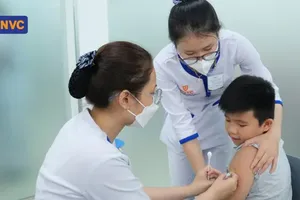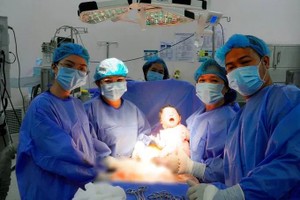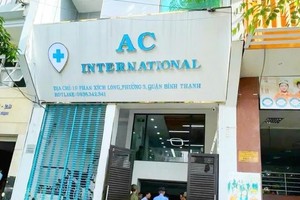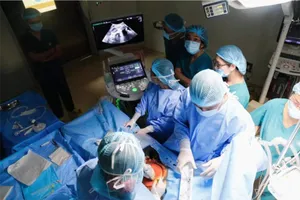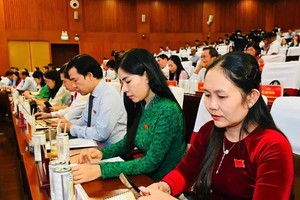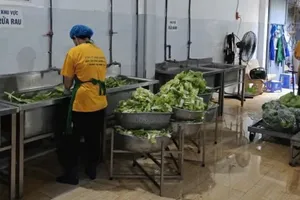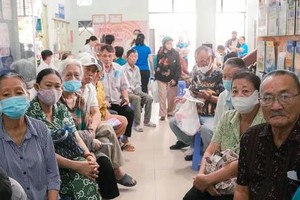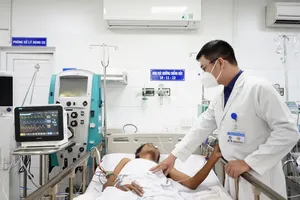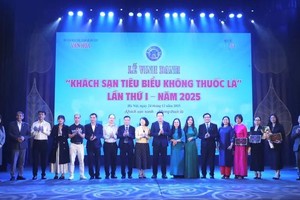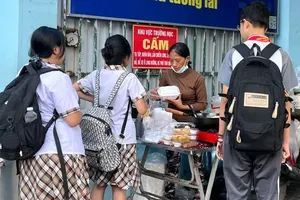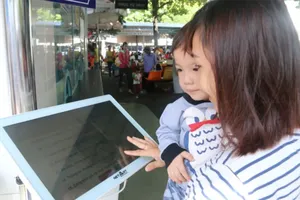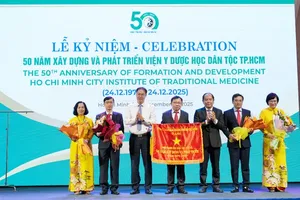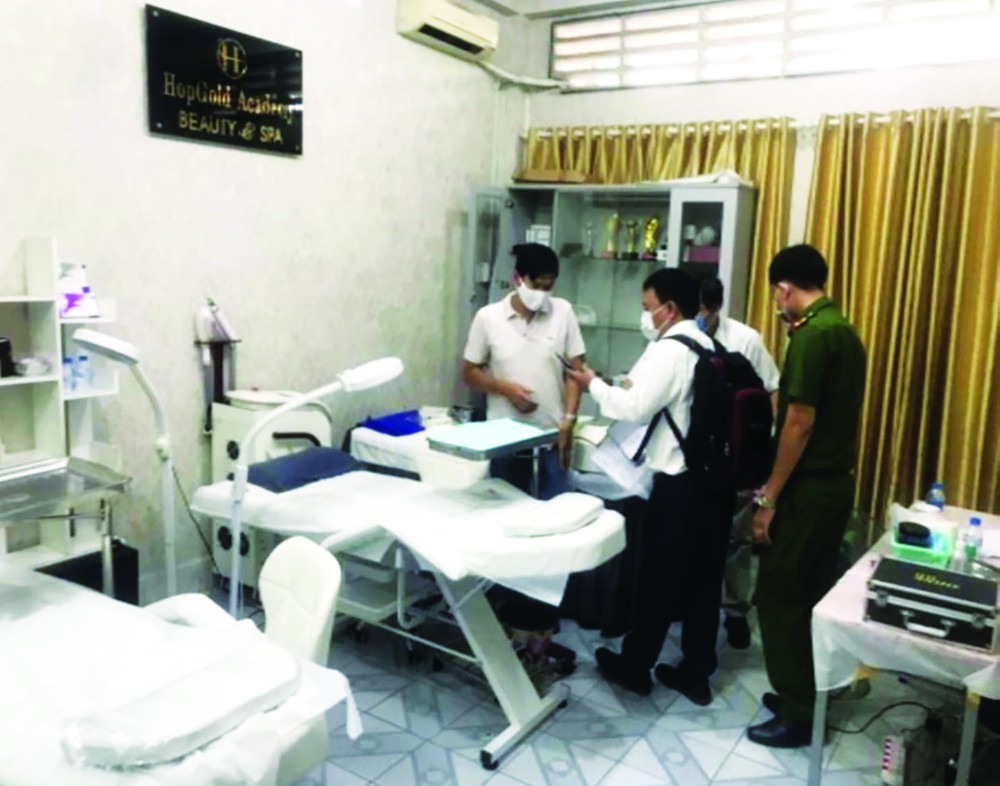
Recently, the Ho Chi Minh City Department of Health Inspectorate has discovered and fined many medical facilities illegally advertising medical services, beauty services and treatment of chronic diseases on social networks such as One World Clinic at 982 Cach Mang Thang Tam Street in Ward 5 of Tan Binh District, Andrology clinic at Vinhomes Grand Park Urban Area at 512 Nguyen Xien Street in Thu Duc City’s Long Thanh My Ward, Uci International campus at 34 Nguyen Van Cu Street of District 1’s Cau Kho Ward, the Vietnam Institute for Research and Application of Stem Cell Technology at 296 Tran Nao Street in Thu Duc City’s An Khanh Ward.
A 38 year old woman in Thu Duc City is being treated at the Blood Transfusion and Hematology Hospital with periodical re-examination. The doctor explained that the treatment is stable. But when she saw an advertisement on Facebook, she went to a facility called LuxCell International Clinic at 186 - 186A Cach Mang Thang Tam Street of District 3 and was invited to use stem cell services costing VND140 million.
This illegal practice attracts patients by asking others to tell stories about using the service and receiving very effective stem cell treatment; thereby, the woman was convinced to use the service. It was only when the authorities came to check at the facility that Ms. N. discovered she had been deceived. Thanks to the support of the local government, Ms. N. was returned VND 140 million by the facility.
According to Dr. Ho Van Han, Chief Inspector of the Ho Chi Minh City Department of Health, the impact of false advertising on social networks can lead to serious consequences, when people are attracted to unlicensed establishments providing medical services and use unsafe medical techniques. This not only causes financial loss but also affects people's health and even their lives. However, to prevent this, it is not only necessary to rely on the health sector alone, but also requires the participation of the entire political system, especially heads of district governments; communes, and wards.
In addition, the city's health sector also promotes coordination with other departments and agencies such as the Department of Information and Communications, the Department of Science and Technology, the Department of Culture and Information, and the Department of Labor, Invalids and Social Affairs to detect and inspect compliance with legal regulations in medical and pharmaceutical practice in the city, especially in the field of advertising on social networks.
This year, the department will coordinate with Ho Chi Minh City Police to select hot issues in medical treatment to seriously handle including focus on establishments or addresses with repeated violations, resistance to inspection teams, and disregard for legal regulations.
One of the key activities of the Ho Chi Minh City health sector in 2024 is to have more preventative measures to promptly detect and strictly handle those who break the law to address violations in the medical field. In addition to units that are inspected and inspected as planned, the Department of Health will conduct unscheduled inspections when superior management agencies ask the Department to pay visits to an establishment or from people's complaints or feedback via the Department of Health's hotline, via the Department of Health's email, and press agencies.
The Department of Health urges people to be highly vigilant against advertising information on social platforms such as Facebook, YouTube and TikTok. When accessing advertising information on social networks, people should not rush to believe it immediately but need to carefully verify the information through many different channels, especially the Portal of the Department of Health to avoid life-threatening complications.

